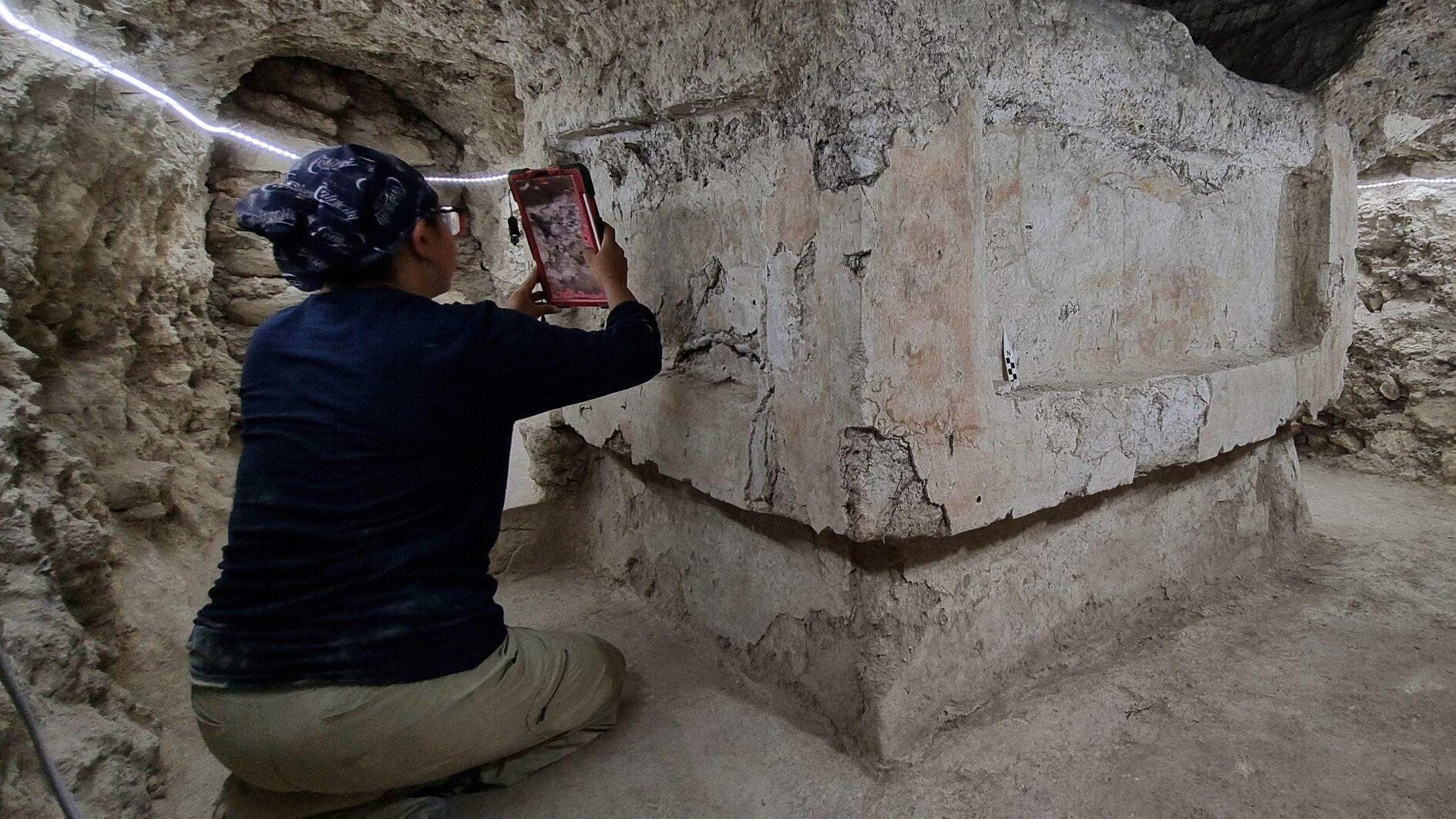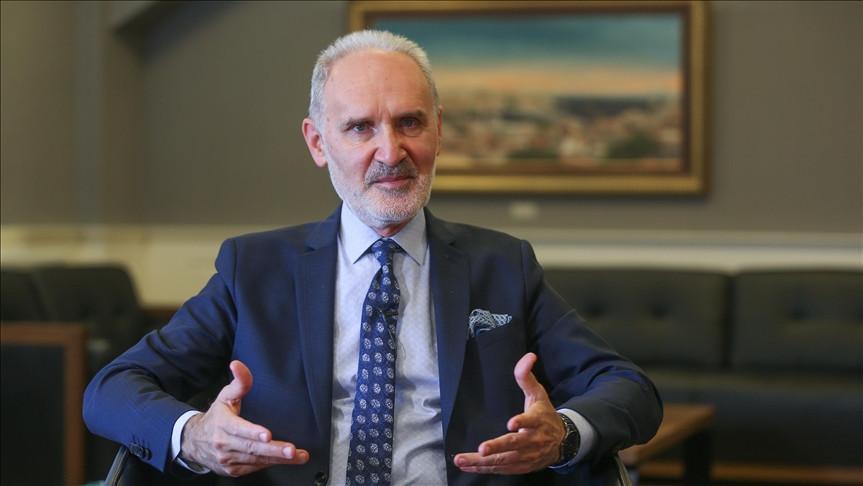Greece’s modern-day Golgotha continues
Dimitrios Triantaphyllou*
After the successful negotiations of July 13 regarding a third bailout package for Greece, the battle has now turned to the home front, where the government has suffered a loss of one-third of its parliamentary group when it brought the first of two relevant bills to a parliamentary vote on July 15. A second package of bills is due to be decided upon July 22 this week in a climate of growing uncertainty as the chances are that Syriza might lose more support.Prime Minister Alexis Tsipras and his coalition partner, Panos Kammenos, have fundamentally made a 180-degree political turn by voting in favor of a new Memorandum of Understanding (MOU) and austerity measures with their creditors as per the terms of the new bailout deal. Both men and their parties, Syriza and the Independent Greeks, had staked their political careers on their opposition to the MOUs signed by the previous governments. Now that they made the choice of signing one in order to ensure both a bailout and Greece’s presence in the eurozone. In the face of a party rebellion, they needed the support of the pro-Europe political parties, in particular New Democracy and PASOK, which made up the previous governments, to get the bill through parliament.
This has created a deep schism in Syriza in particular, which has to do with sticking to ideological principles as to how the left should run the country and whether compromises need to be made as Tsipras did in Brussels. As a consequence, all will come to a head after the impact of the new vote of July 22 is assessed.
Yet other considerations further complicating the political dynamics should be taken into account. First, a government reshuffle on July 17 brought about by the replacement of ministers that did not tow the government line demonstrated the rather weak political bench the prime minister has at his disposal and does not augur well for its longevity. Second, the second bill is also deeply challenging to the opposition parties or parts of them, as particular measures that have to be voted on mean the undoing of many of their previous bills. Third, the voting of the two bills in themselves do not imply a return of trust between Greece and its creditors, as these measures have to be implemented and negotiated should tranches of the bailout money be given to Greece. Fourth, and more importantly, the “Grexit” scenario is not by any means off the table, as the majority of Syriza deputies that voted against the first bill last week belong to the Left Platform of the party which supports a return to the drachma. Fifth, nobody in government, including the prime minister and his ministers, are ebullient supporters of the deal, having admitted so in press conferences, interviews and the like. Sixth, the rhetoric of division and polarization - through the use of terms such as subjugation, blackmail, humiliation, terrorism and coup - remain at the forefront of the domestic political agenda as well with regard to references to the country’s creditors.
The aforementioned factors lead to two principal choices that will determine the future of the country for generations. The first is Tsipras deciding to go to the polls in a national election sometime in the fall to let the people decide yet again whether they would support the MOU again or not. This action might have implications on the viability of the deal, as some of the creditor nations might decide to back out of it or call it off, as the government fundamentally would be retreating from its obligations to implement its terms. The second option would be the formation of a wider coalition government of a certain duration that would include the pro-Europe opposition parties. This government will stay committed to the course of reforms and fight tooth and nail to put the country back on a growth trajectory and to its seat at the core of the European Union, albeit with the political challenges this might imply.
The Golgotha will thus continue for a while until the country’s political elite and citizens figure out which of the two paths they prefer. In other words, unfortunately, the verdict is still out as to whether Greece is to survive within the EU or outside it.
*Dimitrios Triantaphyllou is the director of the Center for International and European Studies (CIES) at Kadir Has University, Istanbul.











